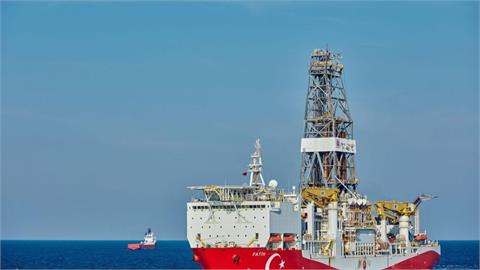The Industries and Services Committee in the lower chamber of the Romanian Parliament voted to repeal the article in Emergency Ordinance 114 (OUG 114) that established caps on gas prices and electricity, as well as the article which had introduced a 2 percent tax on the turnover of companies operating in the energy sector.
Through OUG 114/2018, internal gas producers’ sale price to suppliers and heating plants was capped at RON 68/MWh for three years, while electricity prices were also regulated for household consumers.
Both provisions caused intense outrage from industry representatives in the first months of 2019. Players then accused the government of skipping public consultation on the matters included in OUG 114 and called for the repeal of the most controversial articles of the emergency order, warning that they will lead to a massive increase of imports and higher energy and gas prices for industries.
Authorities refused to listen to market voices before OUG 114 took effect, and carried on with the implementation of the new legislative changes, but are eliminating them now that the negative effects specialists had warned about have begun to appear.
The amended project will go to other parliamentary committees next and eventually reach the Chamber of Deputies for a final vote.
If today’s amendments get approved, the energy market will have to be re-liberalized by the regulatory authority (ANRE) in just three months, although the original liberalization process was done gradually and took several years.
Regulatory upheaval
A recent BR Analysis showed that OUG 114/2018 caused major upheaval in the energy market, and especially in the gas sector."When the government representative presented us with the draft ordinance, my first reaction was: my God, you’re selling us to the Russians! Because this was like a door wide open to Russian gas,” a source from the energy market told BR.
In effect, the two major gas producers in Romania – Romgaz and OMV Petrom – are being forced to sell gas at capped prices and pay extra taxes, while there is no regulation governing imported gas – meaning that such a measure hits local producers and favors gas imports from Russia.
And the effect was soon evident: in the first months of this year, Romania increased its reliance on Russian gas, as imports from Gazprom jumped, and at much higher prices, official data show.
The measure is also a consequence of the fact that the Romanian government has never managed to identify the energy-vulnerable consumers in order to subsidize only those who need protection from high prices.
"With emergency ordinance 114, we erased five years in terms of energy price liberalization; we returned to 2014,” an energy expert told BR.
(business-review.eu, 27 Aug., 2019)



